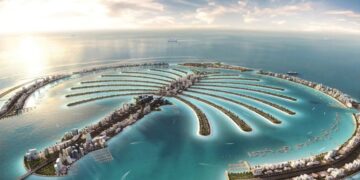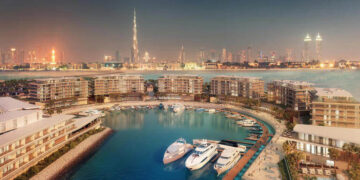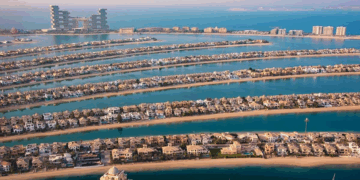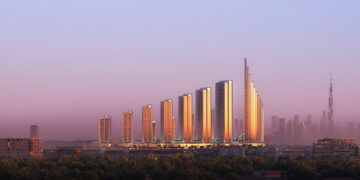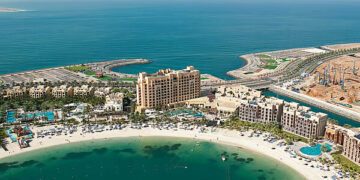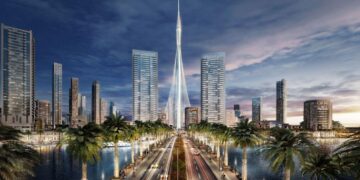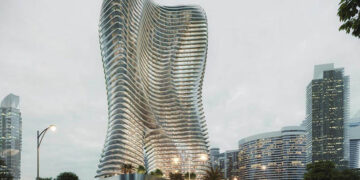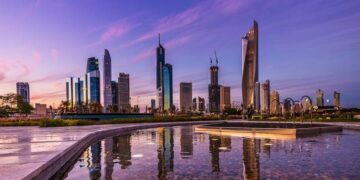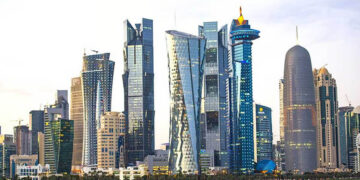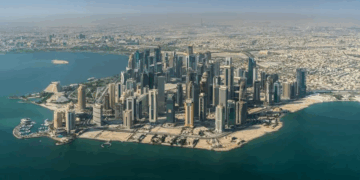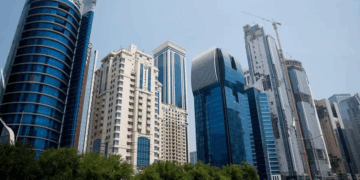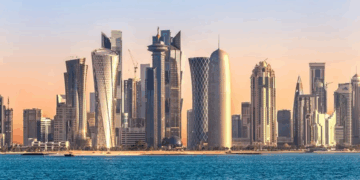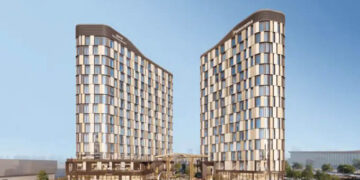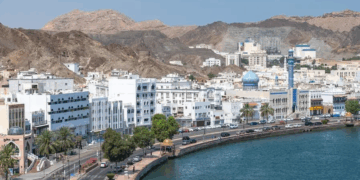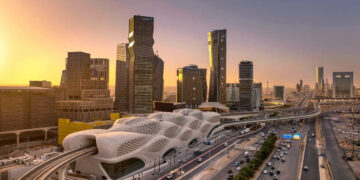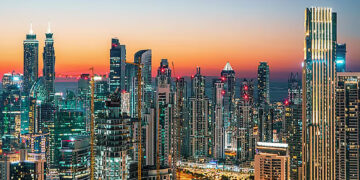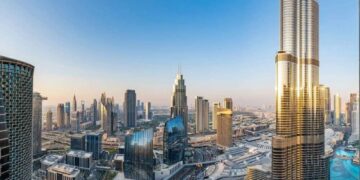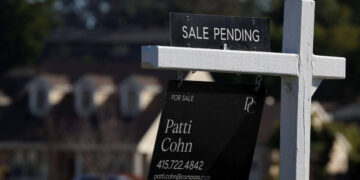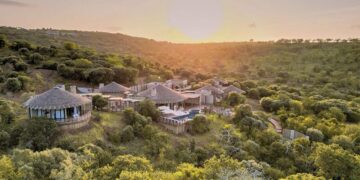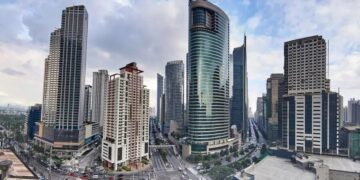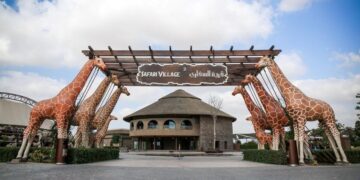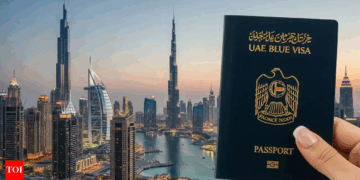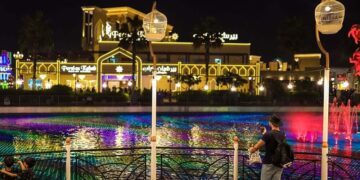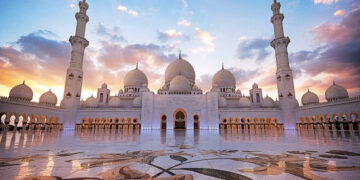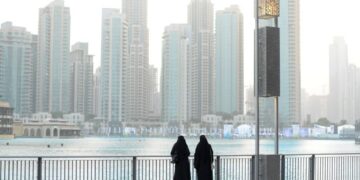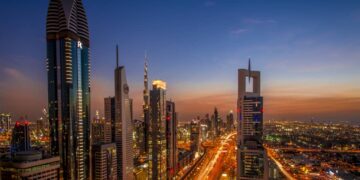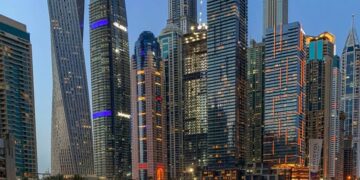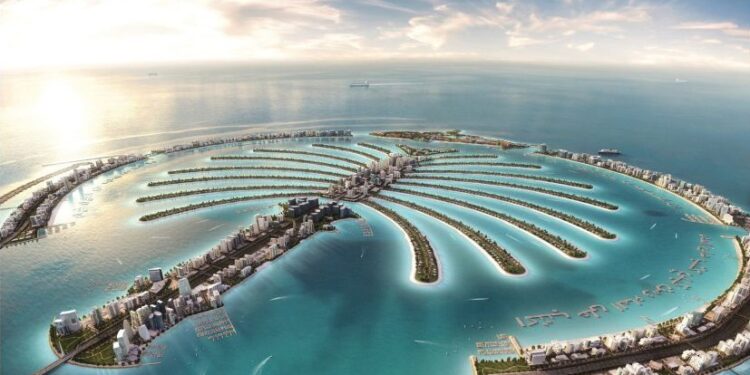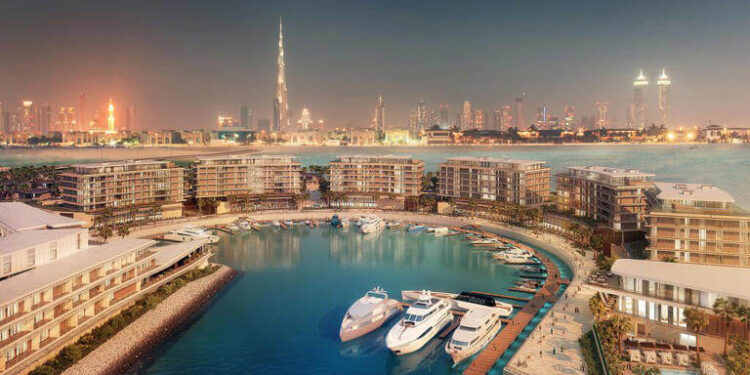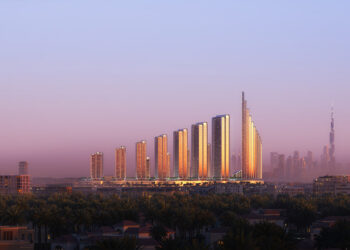Demand for ultra-luxury homes in Dubai, including those in prime and waterfront locations, rebounded sharply in the first month of 2025, with wealthy buyers snapping up multi-million dollar housing and land assets, according to industry sources.
Demand for ultra-luxury homes in Dubai, including those in prime and waterfront locations, made a significant rebound during the first month of 2025, with wealthy buyers seen lapping up multi-million housing and land assets, according to industry players.The scale and nature of transactions in January are also viewed as a significant shift in investor behavior, with luxury real estate increasingly regarded as a core asset class, in addition to reflecting sustained liquidity in the high-end property market.
The expectation of a price increase due to supply constraints in prime locations, as well as the rising migration of global high-net-worth individuals (HNWIs) to Dubai, drove demand for high-end properties in desirable city neighbourhoods, they said.
Ultra-prime properties saw not only a significant increase in demand, but also high valuations in the first few weeks of the year, with both individual and institutional buyers securing assets in anticipation of continued capital appreciation, according to real estate consultancies.
Leading city-based brokerages, such as Springfield Properties, reported that a large portion of their transactions last month were for luxury properties, which included a mix of secondary and off-plan sales in sought-after areas such as Palm Jebel Ali, Dubai Hills Estate, and Dubai Islands.
“Dubai is benefiting in a big way from this shift in investor behaviour,” Abdullah Syed, Managing Director of Springfield Properties, told Arabian Business.
“The scale of transactions in January [2025] also highlighted the continued confidence of high-net-worth buyers, with many securing assets ahead of anticipated price growth,” he said.
Senior executives at city-based real estate firms said investors are making long-term commitments by purchasing assets at pre-completion prices, recognizing that premium inventory will remain limited in the coming years.
Buyers continue to prefer prime residential areas with consistent price appreciation and high liquidity, according to the report.
January sales trends indicate continued liquidity in the luxury market.
Several multi-million transactions were reported in January, including the sale of a villa in Dubai Hills Estate for AED 44 million, the purchase of two Palm Jebel Ali villas for AED 22.3 million and AED 21 million, and the sale of an AED 67.3 million plot in Dubai Islands.
These transactions also demonstrated that high-net-worth global investors are increasingly interested in branded and well-positioned waterfront properties, according to industry experts.
Furthermore, the mix of ready and off-plan sales is an important indicator of how investors interact with Dubai’s prime real estate market, they said.
Springfield Properties reported that AED 199 million of the AED 331 million in sales recorded in January 2025 came from luxury property transactions.
Some other consultancies reported a high proportion of high-end residential transactions in their sales last month.
“What we are seeing in Dubai is not just a strong opening to the year, but a broader reflection of sustained liquidity in the luxury market,” said Syed.
“We are not seeing reactionary investment, but rather structured acquisitions where buyers are positioning themselves for long-term value. The high level of engagement in both secondary and off-plan markets indicate confidence,” he said.
According to industry experts, high-net-worth buyers continue to see Dubai as a long-term investment hub, with transactions driven by a mix of end-users, wealth preservation strategies, and limited premium supply in key locations.
Luxury real estate is increasingly viewed as a core asset class around the world, and Dubai is benefiting from this shift in investor behavior, they said.
Dubai’s luxury real estate market is poised for continued momentum.
According to industry experts, Dubai’s luxury real estate market is set to continue its upward trend, with pricing in prime locations expected to remain firm or rise further due to limited ultra-luxury supply.
Increasing international capital flows and high-value infrastructure investment in the emirate will also help to drive up demand for high-end housing assets in Dubai, they said, adding that residential properties in established luxury districts and emerging waterfront developments are selling out like hotcakes.
According to industry insiders, off-plan acquisitions in the luxury segment are moving earlier in the sales cycle, indicating that investors are not waiting for price stability but rather securing units at pre-completion pricing.
“We are seeing international investors actively competing for premium locations, knowing that inventory remains constrained in the long term,” a senior executive with a Dubai-based PropTech firm said.
Syed stated that with the off-plan segment absorbing demand ahead of future inventory constraints and the secondary market maintaining strong liquidity, the market is well-positioned for stable, long-term growth.
“The scale and nature of transactions in January reflected an evolving investment landscape in Dubai’s luxury property sector, with buyers continuing to demonstrate a preference for prime residential areas, where price appreciation has remained steady, and liquidity remains high,” he said.
Syed stated that the demand for waterfront and branded residences is especially strong, as buyers seek exclusivity and long-term capital appreciation.
While global real estate markets are experiencing varying degrees of correction, transactional data in Dubai suggests a more balanced reality, with high-value acquisitions continuing to occur, particularly in established luxury districts and emerging waterfront developments.
They stated that Dubai’s prime residential sector is entering a phase in which transactional momentum is sustained by structured investment strategies rather than speculation.
Syed stated that investors are increasingly taking a long-term approach to wealth allocation, with real estate serving as a stable asset class rather than chasing short-term capital gains.
